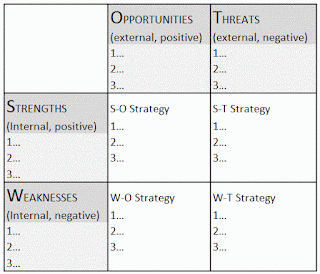 I was asked this question by an environmental engineer who lives and works in a developing country outside of North America and the EU. Here is my response with changes where necessary to preserve anonymity.
I was asked this question by an environmental engineer who lives and works in a developing country outside of North America and the EU. Here is my response with changes where necessary to preserve anonymity.Thank you for your query.
I don’t want to over-complicate this and I am not sure how much you already know about auditing. I think it will be safest to proceed as if you do not know much even though, as an environmental engineer, you probably already know quite a lot.
There are 3 types of audit event.
Type 1 (or first party) audits are internal audits conducted by an organisation to assess its own compliance with regulations and conformity to standards.







